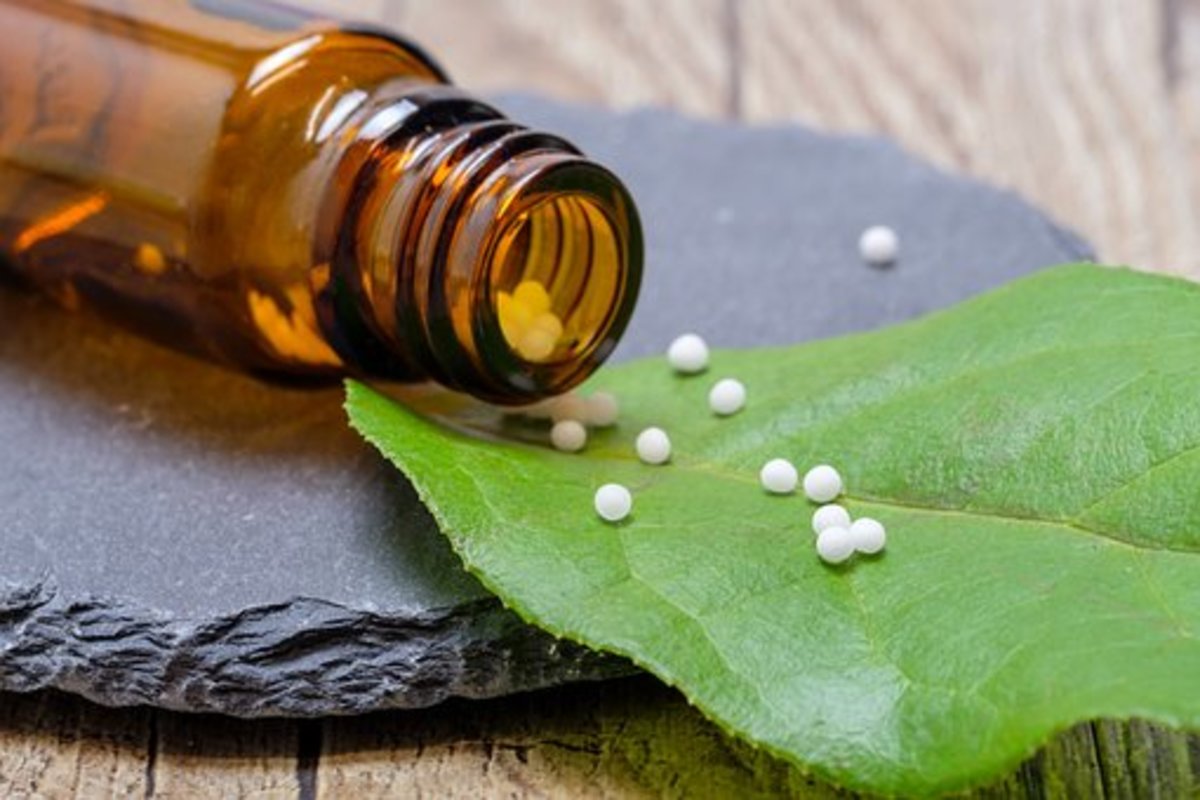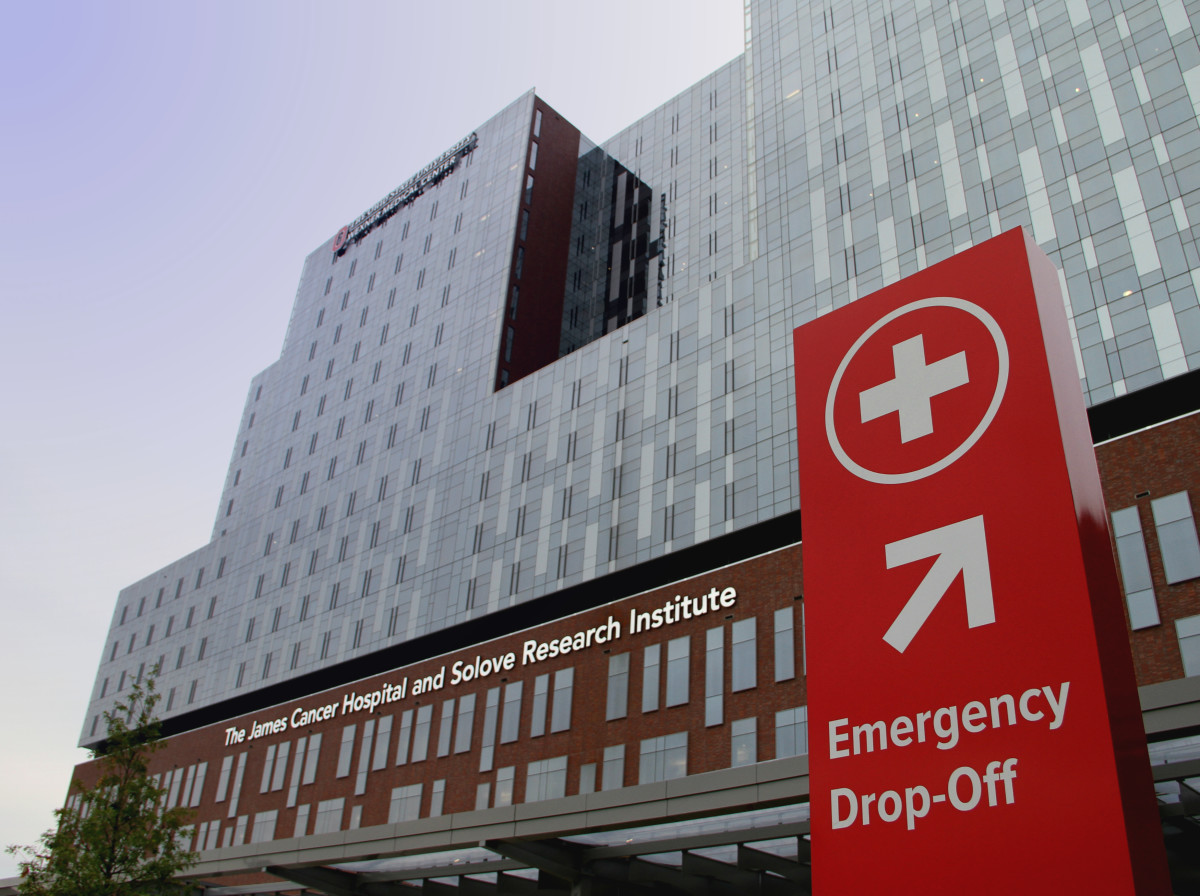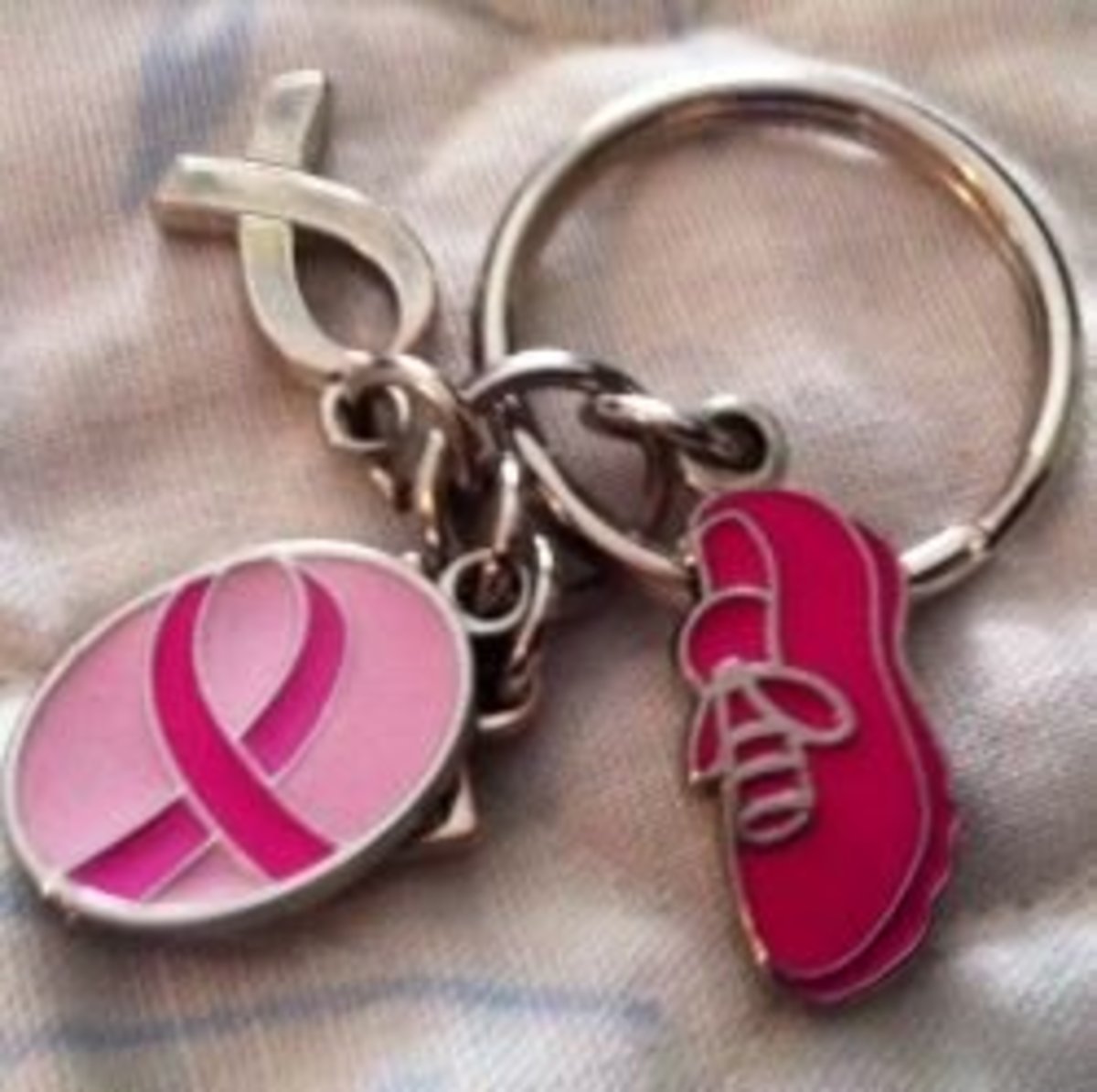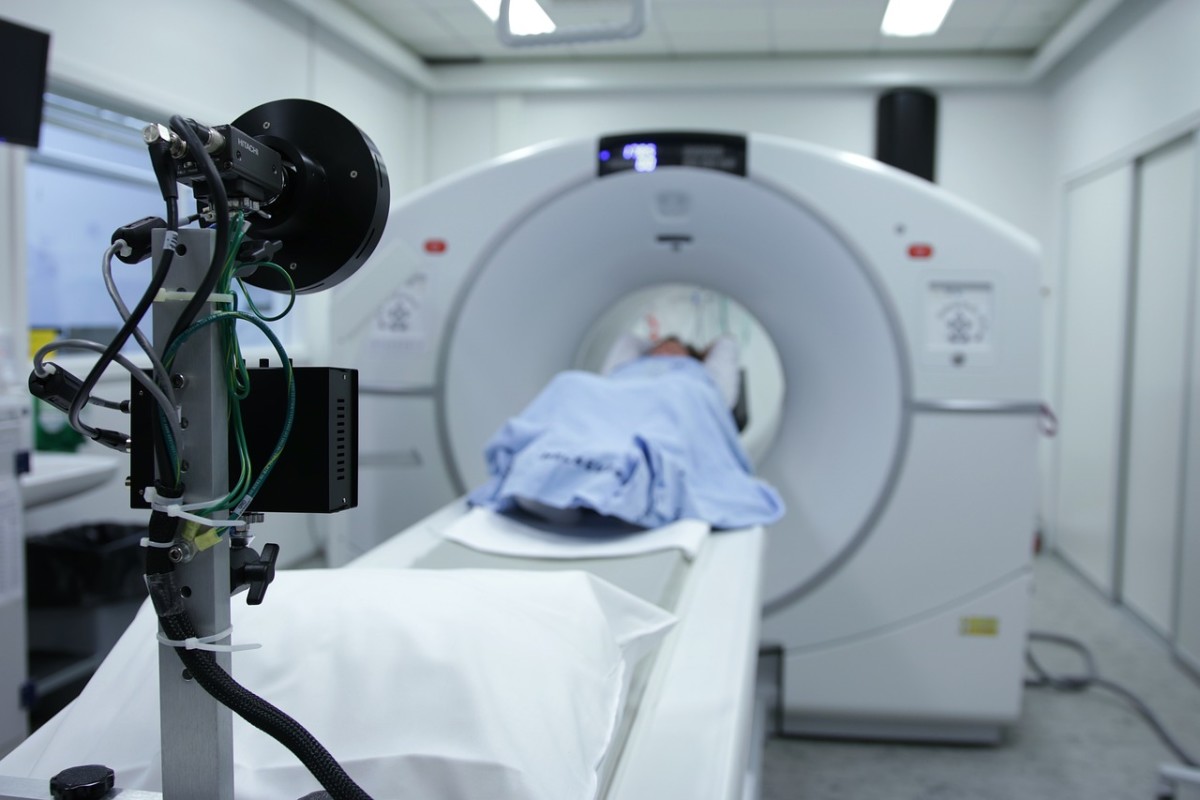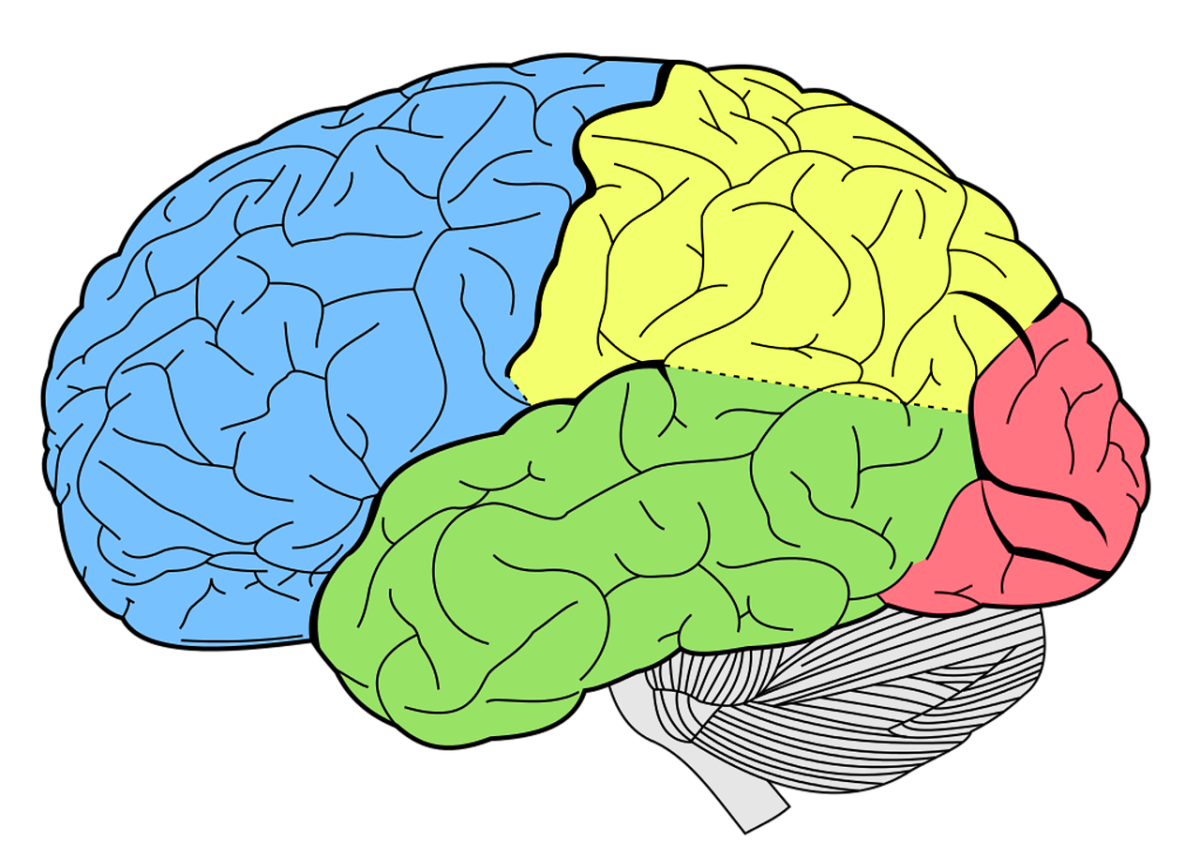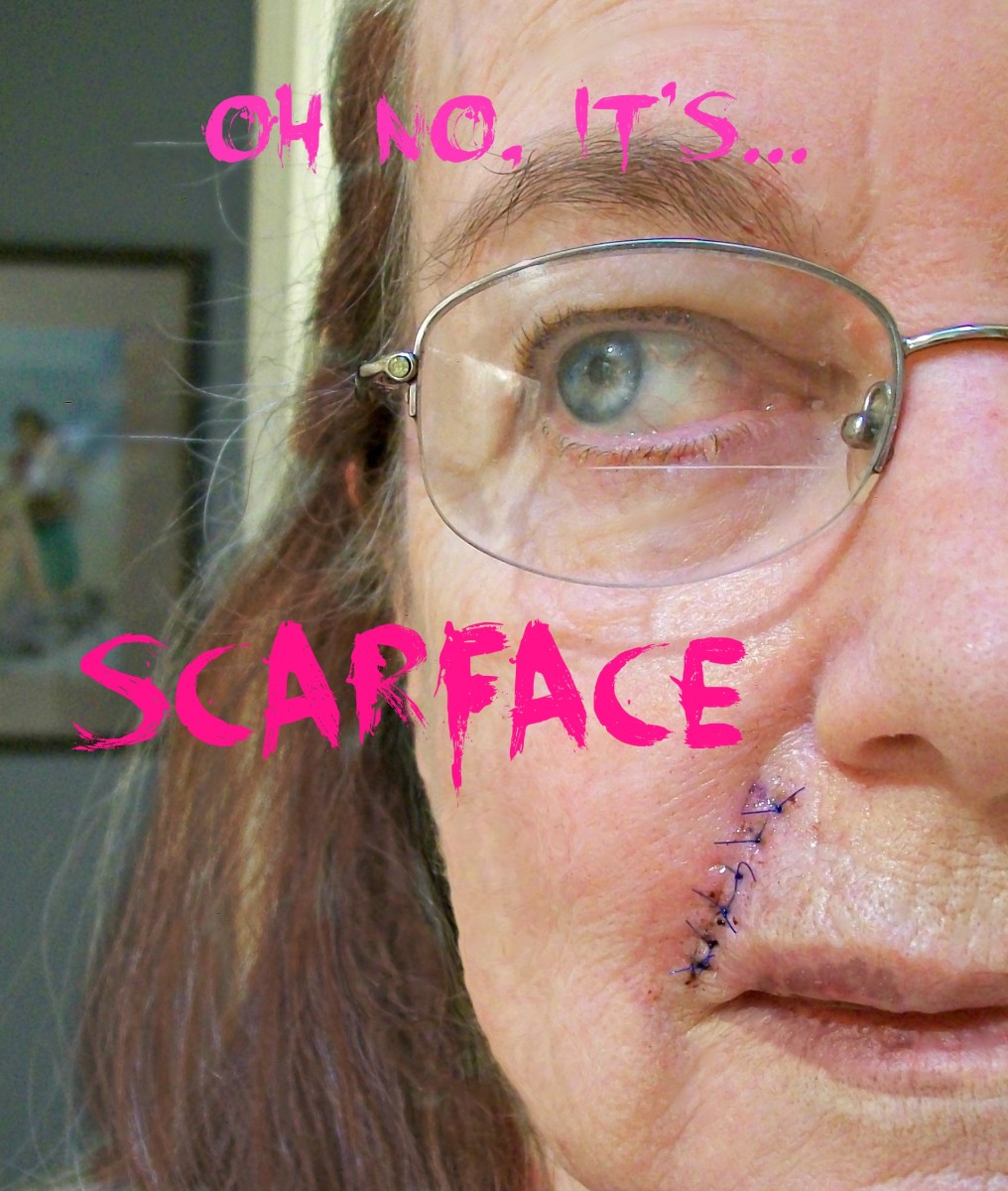Why an Oncologist Needs to be Totally Honest with "Terminal" Cancer Patients
The truth may be the best medicine
One of my relatives recently died from a very aggressive cancer that usually carries a poor prognosis.
I'm not sure she understood just how sick she was until close to the end.
First she was diagnosed. Then she had surgery to remove a tumor in her lung. Then she was given what sounded like good news - "It's only Stage II, so we can treat it."
She and her extended family were greatly relieved because they now expected the best. They trusted their doctors and they assumed all would be well, as long as she did the prescribed courses of treatment. In the United States, this is generally surgery, followed by radiation and possibly chemotherapy.
In short, this woman's physician's either weren't telling the complete truth or she didn't understand exactly what they were telling her. Since she was an intelligent woman, I'll wager the doctors weren't being entirely straight.
Apparently, she's the only cancer patient who's either in denial or being misled.
A 2012 study that appeared in The New England Journal of Medicine underscored the apparent communication breakdown between doctor and cancer patient.
This report found that most patients with a poor prognosis don't really believe it, and also don't think they're going to die from their disease.
The NEJM findings showed that either 81 percent of people with metastatic colon cancer believe that chemotherapy will cure them. And 69 percent of lung cancer patients believe the same.
The authors of the study pointed out that these patients didn't realize the treatments they received were "palliative" rather than curative. In other words, they expect the therapy will give them a fighting chance of long-term survival.
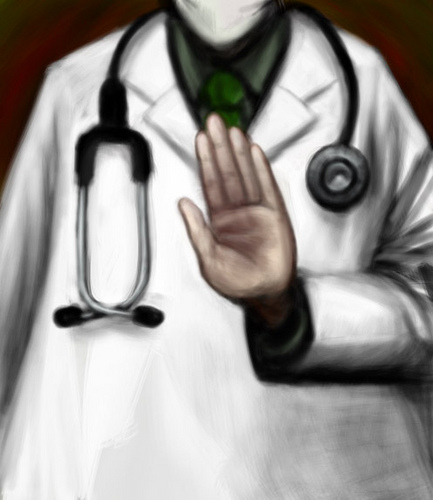
Palliation versus cure
Apparently, my cousin's doctor's were thinking in terms of palliation rather than cure when they assured her the lung tumor was "treatable." Yes, they could offer her various treatments, some of which would make her vomit and lose her hair. But they couldn't offer her a cure, at least by conventional medical standards.
So were they lying? Yes and no. But they weren't being entirely honest.
To be fair, doctors are afraid of what will happen to someone if they are given a very poor prognosis and no treatment options. Having no hope often, in and of itself, often sends patients into a precipitous decline. This is a dilemma, especially in the United States, because the only legal treatments for cancer are surgery, radiation and chemotherapy. An oncologist may know these won't help a particular patient, but this is all he or she can suggest without risking his or her medical license.
Even if a physician knows of a good alternative cancer treatment, they aren't legally able to recommend it.
This legal restriction proved devastating in my cousin's case. Although she had the financial means to pay out of pocked for alternative medicine, or even to travel to a cancer clinic in Mexico or in Germany, two countries that permit treatments such as Sono-Photodynamic therapy and hyperthermia, she didn't even consider those options, both of which have long track records of success.
That's because she trusted her oncologists, and everything they told her.
Many cancer patients seek treatment in Tijuana

Cancer Step Outside the Box
What happens when patients don't hear the truth
If patients really knew what the true success rates were for their particular type of cancer, perhaps many of them would embark upon a different approach before it's too late.
One cancer clinic in the Tijuana, Mexico area, where dozens of alternative cancer care centers exist, claims a 25 percent long-term survival rate for people who've basically been sent home to die.
Once it became clear my cousin's conventional medical treatments weren't working, and actually seemed to worsen her condition, her doctors suddenly switched gears and recommended hospice.
When a patient "goes on hospice," this is usually a point of no return. Hospice care typically involves liberal use of sedatives and pain killers. These drugs often cause excess sleepiness.
If an already weakened cancer patient begins to sleep most of the time, he or she won't be eating or drinking very much, which hastens death. So it's very easy for a patient to go from functioning fairly well to nearly comatose in a matter of days.
In my cousin's case, her cancer spread much faster than she was led to believe it would. Her pain level increased proportionately, requiring the use of heavy-duty painkillers. This set off an irreversible downward spiral that resulted in the death of a woman who, just a few months before, epitomized the saying, "Live life to the fullest."
Unfortunately, my cousin's death from lung cancer came very quickly, as this is often a very lethal and quick-killing cancer. By the time she realized conventional treatments weren't going to help her, it was too late to try anything else.
Natural Cancer Cures With a Good Track Record
Why everyone deserves to know the truth
If my cousin had known her future on earth was measured in weeks, not years, and that standard medical treatments would prove futile, this smart and strong-willed woman would have sought out alternatives. And she would have found them.
Whether these treatments would have extended her life is something we'll never know. But at least she could have tried them. I'm sure she would have tried as many of them as she could.
However, because she placed her hopes in a medical system that offers a near-zero chance of long-term survival for her particular cancer, at the stage it was diagnosed, she didn't explore anything else.
This is precisely why doctors need to level with their patients, instead of encouraging them to try treatments that may shrink their tumors a bit, but may not help them live longer.
For Additional Reading
- Can Frankincense Help Cancer?
Did you know that frankincense is being studied for its ability to find and destroy cancerous cells? This site also contains a video testimony of a man who is healing from lymphoma with frankincense oil - Does Chemo Work?
People with cancer routinely undergo chemotherapy. But is there a better way? Have various cures been suppressed?
Disclaimer
These statements have not been evaluated by the Food and Drug Administration (FDA). These products are not meant to diagnose‚ treat or cure any disease or medical condition.
This is an informational article and not intended as medical advice or advocacy of certain treatment options. People with health concerns should discuss them with a trusted medical professional. I am not a medical professional and cannot give medical advice.
Disclosure
I am a participant in the Amazon Services LLC Associates Program, an affiliate advertising program designed to provide a means for sites to earn advertising fees by advertising and linking to amazon.com.




